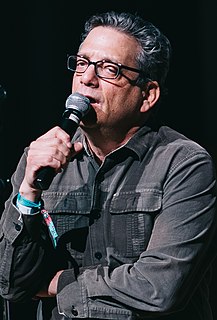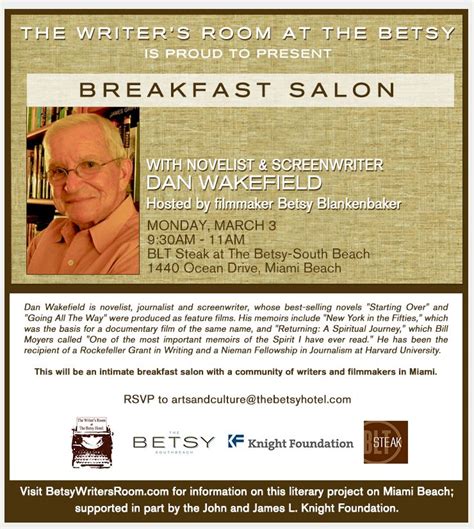A Quote by Andy Kindler
You know, civil rights is great and everything, but a lot of people don't realize that plumbers in the South make less money than when they used to install separate drinking fountains.
Related Quotes
For black politicians, civil rights organizations and white liberals to support the racist practices of the University of Michigan amounts to no less than a gross betrayal of the civil rights principles of our historic struggle from slavery to the final guarantee of constitutional rights to all Americans. Indeed, it was practices like those of the University of Michigan, but against blacks, that were the focal point of much of the civil rights movement.
In the South, prior to the Civil Rights movement and the 1964 Civil Rights Act, democracy was the rule. The majority of people were white, and the white majority had little or no respect for any rights which the black minority had relative to property, or even to their own lives. The majority - the mob and occasionally the lynch mob - ruled.
I feel like I'm a New Yorker to the bone. But there is a lot of the South in me. I know there is a lot of the South in my mannerisms. There's a lot of the South in my expectations of other people and how people treat each other. There's a lot of the South in the way I speak, but it could never be home.
[Before the Civil Rights Act of 1964], many governments in southern states forced people to segregate by race. Civil rights advocates fought to repeal these state laws, but failed. So they appealed to the federal government, which responded with the Civil Rights Act of 1964. But this federal law didn't simply repeal state laws compelling segregation. It also prohibited voluntary segregation. What had been mandatory became forbidden. Neither before nor after the Civil Rights Act were people free to make their own decisions about who they associated with.
I went to my first civil rights rally when I was 17 years old. I was a little skinny blond kid, scared to death, marching against the KKK in South Georgia. And I have never stopped marching in protests since. Not ever. I mean, LGBT rights, women's rights, the rights of people of color... I'm your guy. I'm going to be out there marching!
The hollowing out of the middle class. That's not just about capitalism or the structure of taxation. That is also about the fundamental truth that machines can do a lot of things better than humans used to do. A lot of those people are being pushed down to do less value-adding jobs, so they get paid less money.
In less than a century we experienced great movement. The youth movement! The labor movement! The civil rights movement! The peace movement! The solidarity movement! The women's movement! The disability movement! The disarmament movement! The gay rights movement! The environmental movement! Movement! Transformation! Is there any reason to believe we are done?


































